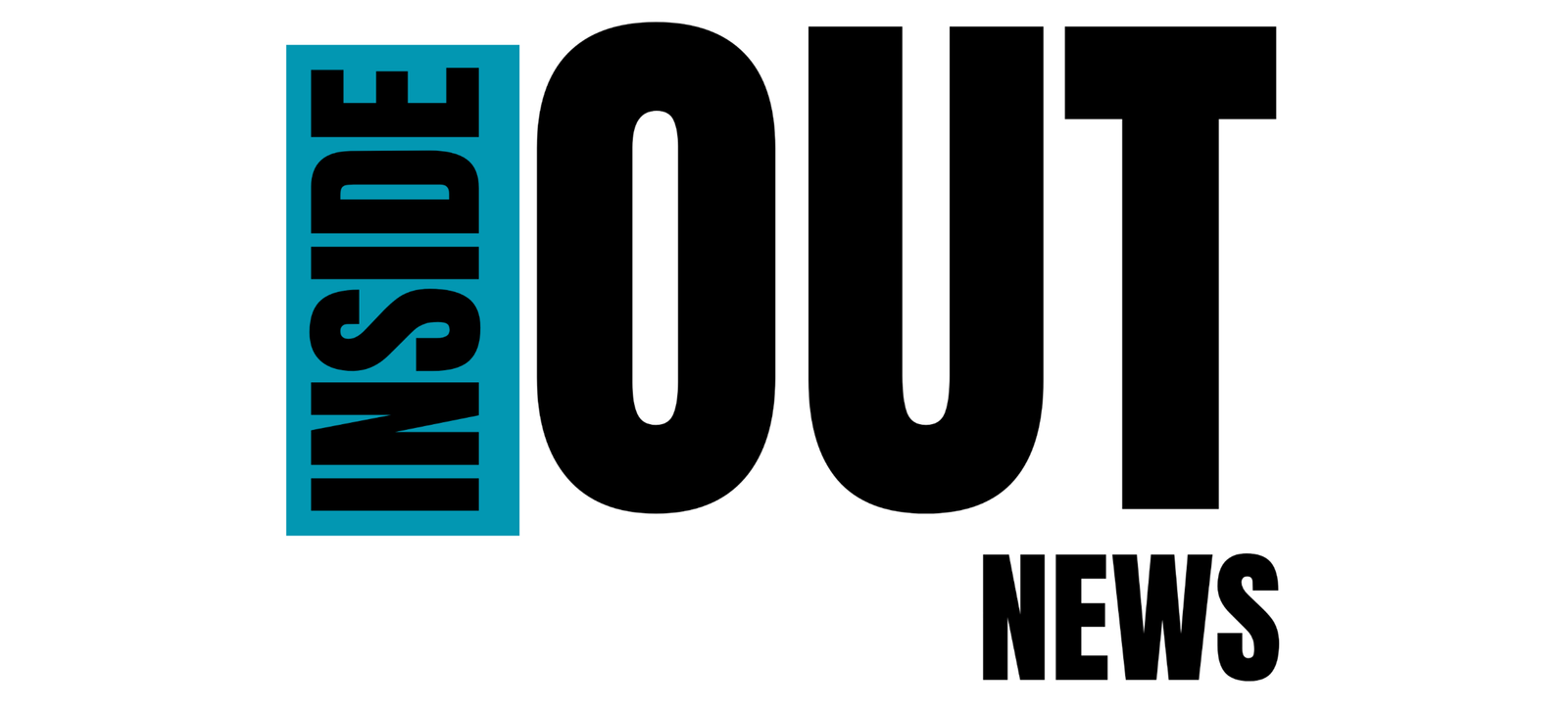Joburg defends nearly R1 Billion in tenders to officials’ families despite Auditor-General’s warning
Mathipa Phishego
Following disclosures that approximately R1 billion in transport contracts were given to businesses connected to the families of city officials and council members, the City of Johannesburg has come under fire, drawing criticism from watchdog organisations and public indignation. The city, however, insists it has done nothing improper.
Six contracts totalling R972 million were awarded in 2023 for the long-delayed extension of the Bus Rapid Transit (BRT) system, Rea Vaya. According to a Daily Maverick story. All six tenders were awarded to organisations that had relationships to the spouses, kids, or parents of city officials who were either presently working for the city or had served within the previous 12 months.

image: Felix Tih on X
The Rea Vaya system extension is already eight years behind schedule. Additionally, a final project date that was scheduled for the end of 2024 has been missed, which raises more questions regarding efficiency and governance.
The City of Johannesburg stepped up its defence a week after the Auditor-General’s office criticised the tenders as irregular and perhaps unethical. Nthatisi Modingoane, the city spokesperson, denied any allegations of misconduct.
Referring to the relatives of city officials, Modingoane stated, “There is no regulatory provision that prohibits the Municipality to award contracts to the category of people in question. Therefore, it is inappropriate to ask whether the City failed in its oversight and due diligence.”
Activists and civic watchdogs have denounced the city’s position, claiming that although the contracts are legally permissible, they pose substantial ethical concerns and constitute a significant breach in governance standards. The lack of a specific restriction, according to critics, does not relieve the city of its obligation to steer clear of conflicts of interest, particularly in light of worries about corruption and shortcomings in public service delivery.
The city maintains that due process was followed, and the Auditor-General’s findings have not sparked an internal probe. However, demands for more extensive systemic changes and increased transparency in municipal procurement have been stoked by the absence of accountability.
Ahead of the 2026 municipal elections, Johannesburg’s ongoing struggles with stalled infrastructure, unstable finances, and declining public trust are expected to put increasing pressure on local officials.

image: Felix Tih on X



